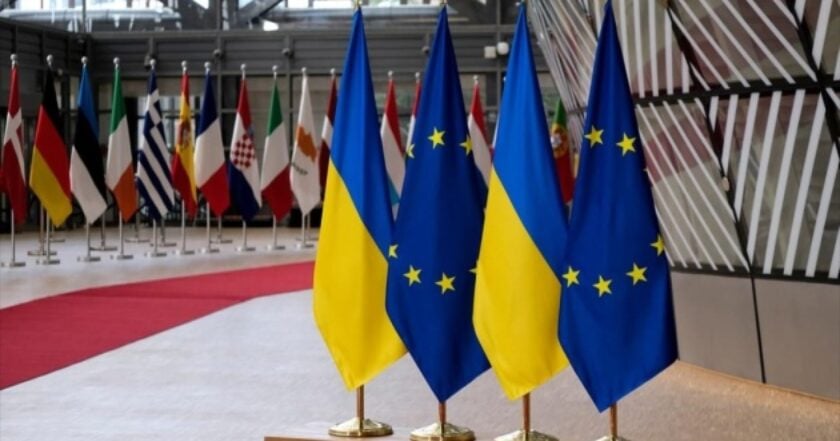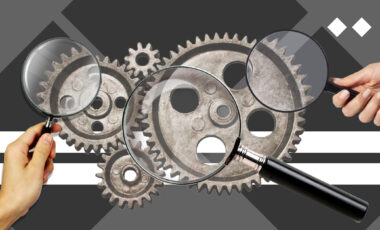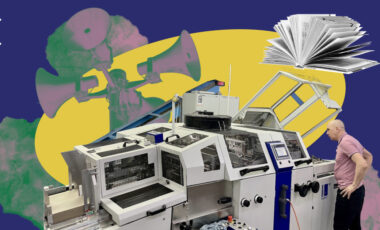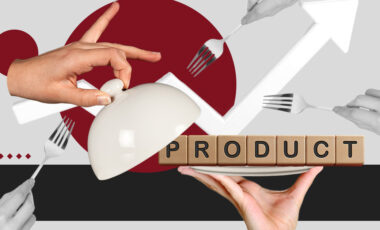The EU-Ukraine summit: the results of the negotiations and Ukraine's European prospects
Ukraine moves towards the EU and shows remarkable resilience against a terrorist country in fighting for European values and preserving a system of international security. The European Union, in return, recognizes Ukraine's achievements and supports it in the fight against the aggressor. At the same time, the EU requires Ukraine to implement each of its recommendations strictly.

The 24th EU-Ukraine summit took place on February 3, 2023. It was the first summit where Ukraine participated in the status of a candidate country for membership in the European Union. In addition, the participants discussed Ukraine's accession to the EU, global food security, cooperation in the reconstruction of Ukraine, energy, and sanctions against Russia.
The war for Ukraine's freedom and Kyiv's shelling has lasted for the twelfth month. However, this did not prevent the arrival of top EU officials to Kyiv. Charles Michel, President of the European Council, Ursula von der Leyen, President of the European Commission, Josep Borrell, High Representative (EEAS), and 14 other Commissioners attended the EU-Ukraine summit in Kyiv.
A personal visit to Kyiv heads of the main EU institutions during wartime is an undeniable confirmation that the European Union supports now and will continue supporting Ukraine further on.
This visit also had a symbolic meaning, as it took place on the eve of the anniversary of the start of Russia's military invasion of Ukraine. In addition, the arrival of European officials was accompanied by additional military, financial, and political assistance. The European Union has already allocated 50 billion euros of financial support since the beginning of the full-scale war, 18 billion of which will be directed to macro-aid.
Ukraine had high expectations from the summit. For example, on the eve of the summit, the Prime Minister of Ukraine Denys Shmyhal made a statement about Ukraine's plan to become an EU member state in two years. Ukrainian authorities and civil society have been intensively preparing for this event to demonstrate Ukraine's achievements in fulfilling the EU's seven recommendations and to demonstrate a strong political will to carry out reforms.
In the last two weeks, the news in Ukraine has been inundated with reports of dismissals, police raids, declarations of suspicion, and detentions of top officials suspected of committing corruption crimes.
Only time and the actual verdicts of the High Anti-Corruption Court of Ukraine would show how justified those actions were and whether they would have a logical ending. However, that is how the Ukrainian authorities intended to signal to the EU, on the eve of the summit, about their willingness to reform the entire system and create a zero-tolerance level for corrupt officials.
Ukraine also expected to receive an assessment on the implementation of the so-called EU's seven recommendations, which are prerequisites for the start of accession negotiations. Furthermore, a day before the summit, the European Commission published its Opinion on Ukraine's application for membership in the European Union, which covers all areas of legal approximation and assesses the implementation of reforms. This is a positive sign that the EU was actively preparing for the summit, and it promptly provides Ukraine with feedback on the state of reform implementation. This allows Ukraine to quickly adjust its course of action.
Is it realistic to join the EU in two years?
Despite the consolidation of the government's political will and ambitious plans, the evaluation of Ukraine's EU integration ambition differs among both Ukrainians and Europeans. Two days before the summit, the participants of the discussion on Ukraine's integration into the EU shared their thoughts in this regard. Vadym Galaychuk, First Deputy Chairman of the Parliamentary Committee on Integration of Ukraine into EU, claimed that Ukraine is ready to join the Union as early as 2025. Also, Andrus Kubilius, a member of the European Parliament, stated that this process would last for 3–4 years.
MEPs confirmed their commitment to Ukraine's EU membership by adopting a resolution on the eve of the summit. The document details their expectations from the EU and Ukraine's political leaders regarding the summit in Kyiv. The resolution emphasizes that Ukraine will join the EU based on its merits. This is a reminder that Ukraine will have to do its "homework" despite the war. As Mykhailo Zhernakov, Chairman of the Board of NGO Dejure, noted, "You will not get into the club of developed countries judging by the heroism alone."
A decision on accession must be approved by all 27 EU member states, which always creates additional obstacles to quickly reaching a positive result. That is why the political consolidation of European countries and the overcoming of political and diplomatic obstacles of each EU member state are necessary for the accession of Ukraine
Joint statement: what was agreed upon
The summit resulted in the adoption of a joint document (statement), which outlines the main positions of the Ukrainian and European parties.
The statement once again confirms that "the future of Ukraine and its citizens lies in the European Union," which is a positive outcome for Ukraine. The text emphasizes that "the EU will decide on further steps when all the recommendations specified in the Commission's opinion are fully met." The EU will provide Ukraine with an interim assessment on the implementation of the seven recommendations in the spring of 2023 before the general report on the EU's enlargement, which is to be published in October 2023.
The provision of the interim report can certainly be seen as a positive sign. The EU is working on ensuring that Ukraine can launch accession negotiations as soon as possible. However, Ukraine cannot bypass the high-quality implementation of the seven recommendations, particularly the reform of the Constitutional Court of Ukraine. The text of the joint statement stated that this reform is "crucial" for the European integration of Ukraine, which emphasizes the critical importance of this reform for Brussels. Implementing all recommendations will be a prerequisite for the start of accession negotiations. Overall, the text of the statement echoed the position of the majority of European officials regarding a realistic assessment of Ukraine's EU ambitions.
In addition, the statement welcomes the achievements of Ukraine and its cooperation with the EU in many areas, in particular, work on Ukraine's joining to the European roaming space, introduction of "industrial visa-free", creation of a special tribunal, etc.
The EU officials confirmed the further implementation of quota-free access of Ukrainian producers to EU markets and the continuation of the EU-Ukraine "Paths of Solidarity" initiative. However, due to the aggressor's seizure part of Ukrainian agricultural producers` crops and blocking of the transport infrastructure, Ukraine's ability to export its agricultural products decreased sharply, which exacerbated the global food crisis. Under such circumstances, the EU "Paths of Solidarity" allowed the export of more than 23 million tons of agricultural products from Ukraine from May to December 2022.
Regarding the discussion on ending the war at the expense of Crimea, the call to Russia to withdraw its troops from all occupied territories, but not only territories occupied after February 24, is a positive outcome for Ukraine. Also, the statement condemns the actions of Belarus and Iran aimed at supporting Russia.
The EU confirmed its intention to continue providing financial, military, humanitarian, and diplomatic assistance to Ukraine, supported by giving figures of already provided support (50 billion euro) and future plans.
Overall, the summit statement can be considered quite positive for Ukraine. It is clear that the EU, on its side, will make efforts to speed up the process of negotiations (for example, by providing an interim assessment of reforms implementation). However, Ukraine will have to comply with all the recommendations of the European Commission as a prerequisite for the opening negotiations on accession.
We have a unique chance to carry out essential reforms and, as a result, join the EU. Europe has already recognized Ukraine as a European state. So the ball is in our court, and it is up to us whether we will grasp or waste this opportunity.
Not only should the Ukrainian government and civil society take responsibility for the implementation of reforms, but also ordinary people should eradicate the remnants of post-Soviet thinking. Europe starts with us.
This publication has been made within the frameworks of the MATRA Programme supported by the Embassy of the Kingdom of the Netherlands in Ukraine. The opinions expressed are those of the author only and should not be considered as representative of the Embassy's official position.






















































